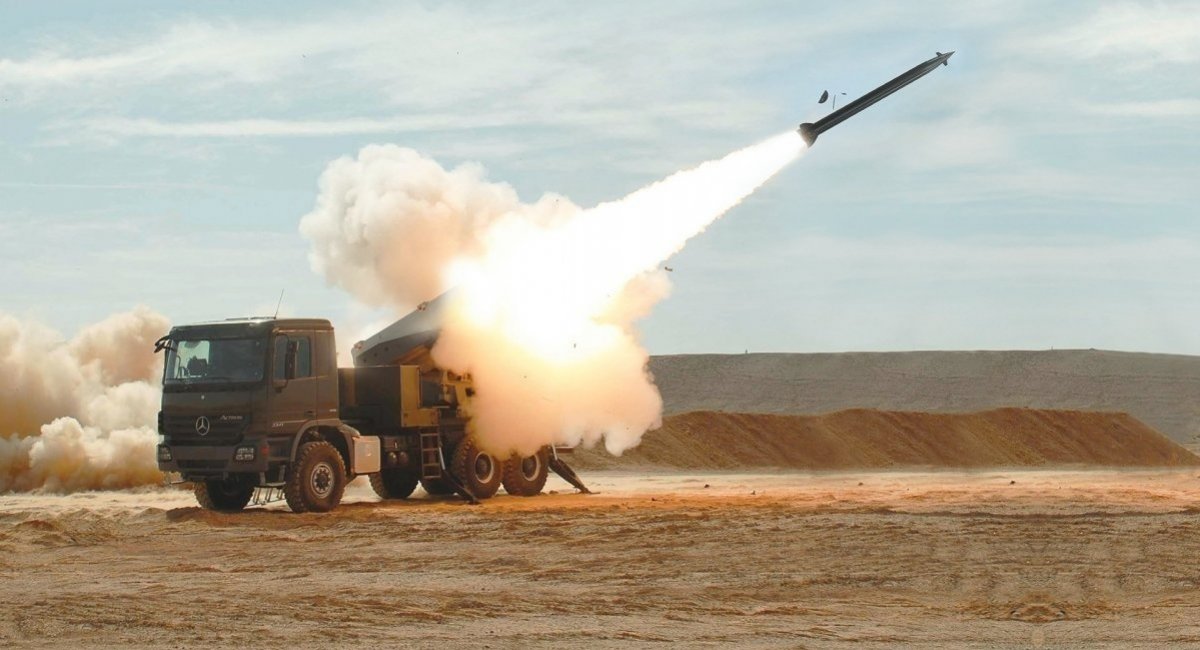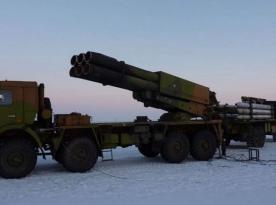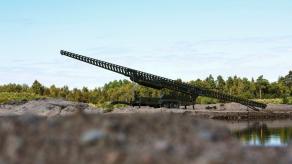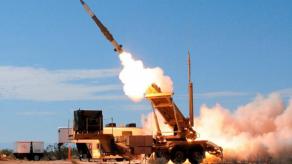Serbia acquired Elbit Systems' PULS multiple launch rocket systems, Opex360 reports citing Israeli newspaper Haaretz. The order was placed back in November 2024, as announced when Israel disclosed a $335 million deal with an unnamed European country for PULS systems and Hermes 900 reconnaissance drones. Delivery of these systems is expected within 3.5 years.
This decision raises intriguing questions about what motivated Serbia to become a customer of Israeli missile systems, especially given their growing popularity as a competitor to the U.S.-made M142 HIMARS, with the volumes of orders secured closing on the American rival.
Read more: No Iron Dome Can Protect Europe From russia: NATO Commander Admits They Need Attack Missiles
Opex360 provides some context, highlighting the complexities of Serbia-Israel relations. In 2021, Israel established diplomatic ties with Kosovo in 2021, a state unrecognized by Serbia. This move likely caused a rift between the two nations at the time, making Serbia's decision to purchase strategic weapons from Israel somewhat surprising.
Furthermore, Serbia has traditionally relied on its own defense industry for the national military needs, making the import of critical weapons systems an exception.
For instance, Serbia publicly introduced the domestically produced LRSVM Tamnava dual-caliber MLRS in 2019. Tamnava boasts a range of up to 70 kilometers with 262-millimeter rockets and 40 kilometers with 122-mm rockets. Despite its availability, there's been no reports of any orders from Serbian armed forces.
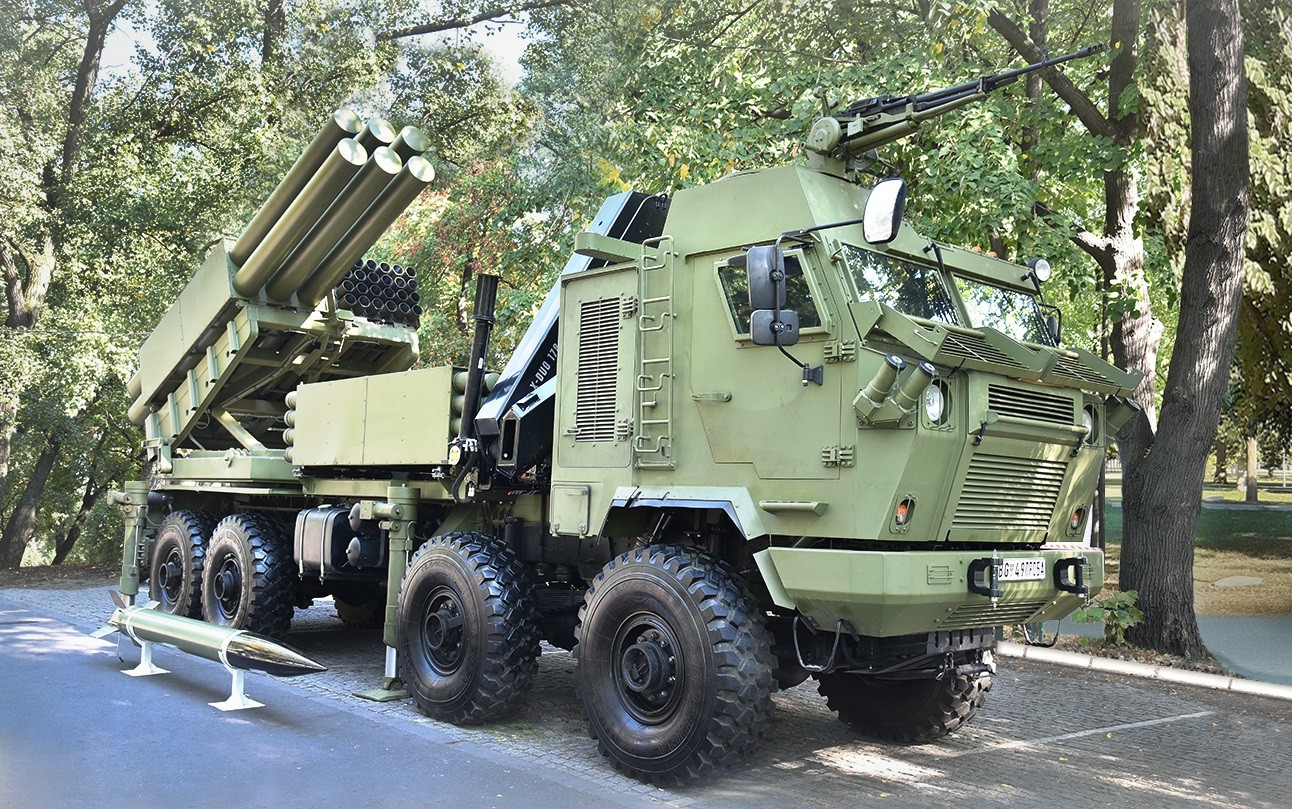
The PULS system, in turn, offers a notable leap in capability over the Tamnava. It supports a variety of munitions, including 122-mm Accular rockets with a range of 35 kilometers, and their 160-mm variant with a range of 40 kilometers, Extra guided missiles with a 150-km range, and Predator Hawk missiles capable of striking targets up to 300 km away.
However, the specifics of the ammunition Israel will provide to Serbia remain undisclosed, raising important questions. The first is whether the supplied munitions will include the full range of PULS capabilities. Moreover, if any restrictions will be imposed on Serbia's use of these systems, particularly against NATO members like Croatia.
How Israel managed to persuade Serbia to acquire PULS also remains an open question, but the deal signals a significant shift in Serbia's defense procurement strategy.
Read more: Land Equipment Will Be Shipped to Libya But What russia's Going to Do About Su-34s and Su-25s Left in Syria




